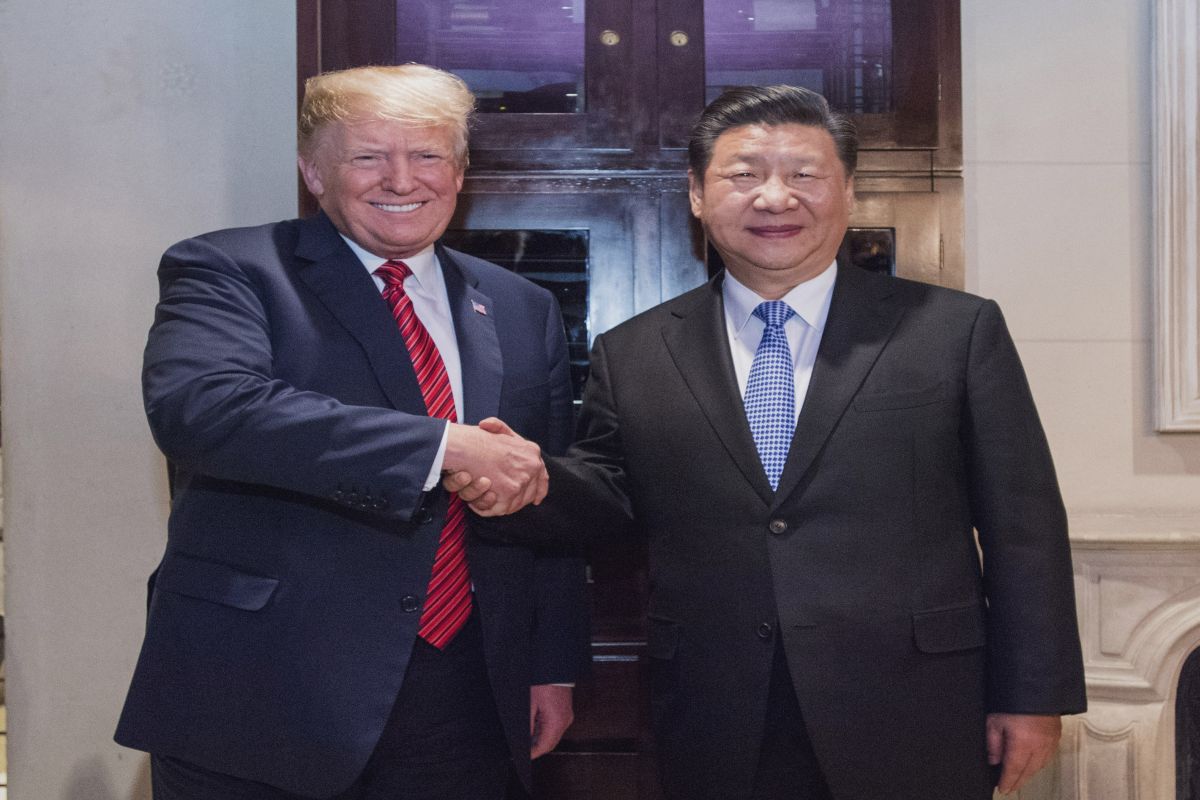Top Chinese and US negotiators on Tuesday spoke over the phone and agreed to “push forward” their phase one economic deal, amid soaring tensions between the two sides on several fronts.
Washington and Beijing’s January deal represented a partial truce in their months-long trade war, and obligated Beijing to import an additional $200 billion in American products over two years, ranging from cars to machinery to oil to farm products.
Advertisement
The two countries confirmed the talks in separate statements.
US said the parties “addressed steps that China has taken to effectuate structural changes called for by the agreement”.
It further said that both sides “see progress and are committed to taking the steps necessary to ensure the success of the agreement”.
Beijing’s statement said a “constructive dialogue” between the two sides had “agreed to create conditions and atmosphere to continue to push forward the implementation of phase one of the China-US economic and trade agreement”.
The phase one deal called for officials to hold a “check-in” every six months.
The US-based Peterson Institute for International Economics said Chinese agricultural purchases at the end of June were far from where they should be at that point in the year.
They had reached only 39 percent of their semi-annual target, according to US figures, or 48 percent, based on Chinese figures.
Beijing “is lagging but it looks like China still wants to commit, despite the escalation of the US-China tensions,” said Tommy Xie, head of research on China at OCBC Bank.
Tensions between the two countries have risen over a host of issues including blame for the coronavirus pandemic and China’s policies in Xinjiang and Hong Kong.
Also worsening tensions are China’s crackdown on Hong Kong, which Washington has responded to with sanctions, and the Trump administration’s order to bar Chinese internet giants TikTok and WeChat from operating in the US.
Earlier this month US Secretary of State Mike Pompeo undertook a five-day visit to central Europe with a campaign urging nations to shun Huawei.
(With inputs from agency)











